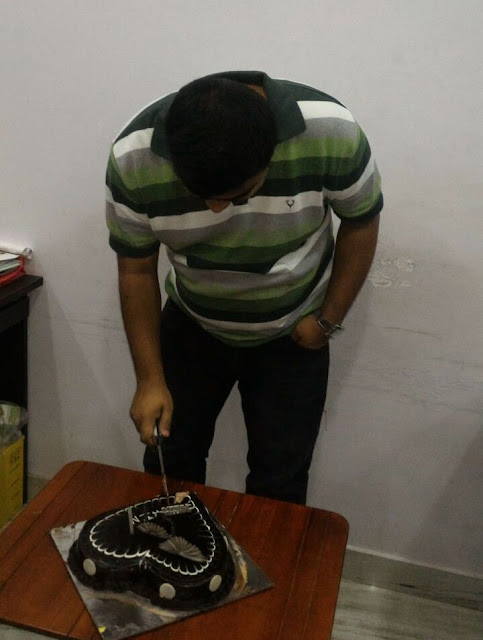Prantik is a residential project by Red Ant Realty. This project is a single G+4 building on around
14Kottha land. Situated in a close proximity to the heart of Kolkata and
also a commuters delight. Easily accessible by road, rail. This project is a
few minutes away from the other parts of Kolkata and Rahara. The
main USP of the project is Rahara Bazar is few minutes walking distance from
it.
Amenities & Facilities:- 24 hours water supply, Community Hall, Lift,
Temple, Car parking.
Location:- Prantik is
situated in Rahara, The
project is well connected to BT Road,. The close proximities are-
Airport: 13km
Railway Station: 1 km
Market: 0.9 km
School: 1 km
Hospital: 1.5 km
Possession:- Ready to move in.


















